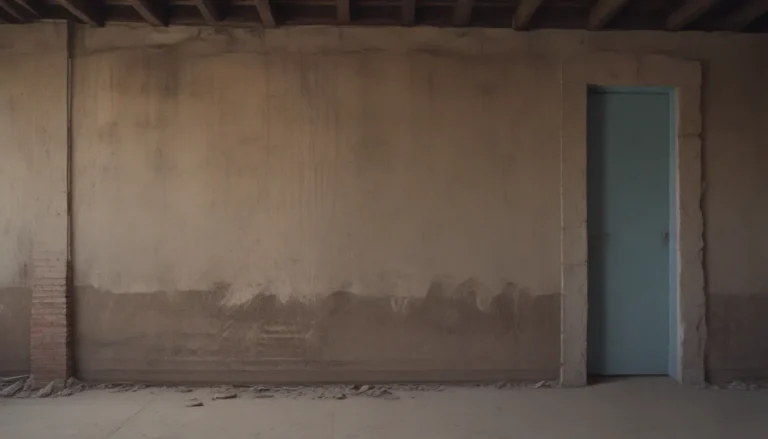Everything You Need to Know About House Foundation Types, Uses, and Pros and Cons

When it comes to building a house, one of the most critical components is the foundation. Every house needs a solid foundation to stand on, but not all foundations are created equal. In this comprehensive guide, we will explore the different types of house foundations, their uses, and the pros and cons of each. Whether you are building a new home or considering foundation repairs or upgrades, understanding the various options available can help you make informed decisions that suit your needs and budget.
Understanding House Foundation Types
House foundation types can vary based on the materials used, depth, and design of the structure. Different factors, such as geographical location, climate, soil conditions, and budget, can influence the choice of foundation type for a house. Here are some common foundation types you may encounter:
-
Full or Daylight Basement Foundation: A full basement is the deepest of the major foundation types, matching most or all of the floor space of the level above. Newer homes often have taller basements that can be converted into living space. Daylight basements, on the other hand, are built against a slope and have one or more sides exposed to daylight, making them more suitable for conversion into living space.
-
Crawlspace Foundation: Crawlspace foundations consist of short foundation walls on footings. They provide access to mechanicals and can be insulated, but they may require moisture control and ventilation to prevent issues like mold and mildew.
-
Concrete Slab-On-Grade Foundation: A slab-on-grade foundation is a solid concrete slab that rests on the ground. It is less expensive than other types of foundations but may lack storage or living space options.
-
Insulated Concrete Form (ICF): Insulating concrete forms are used to create concrete walls that are reinforced and insulated. They are known for their energy efficiency, durability in natural disaster zones, and lower maintenance costs.
Pros and Cons of Different House Foundation Types
Each foundation type has its advantages and drawbacks, depending on factors such as cost, structural integrity, maintenance requirements, and flexibility for future modifications. Here’s a closer look at the pros and cons of each foundation type:
Full or Daylight Basement Foundation
Pros:
– Extra living or storage space
– Can be conditioned for heating and cooling
– Adds value to the home
Cons:
– Higher cost compared to other foundation types
– Potential for water problems
– Requires maintenance
Crawlspace Foundation
Pros:
– Access to mechanicals
– Less expensive than a full basement
– Can be insulated
Cons:
– May require moisture control
– Difficult to access
– Unheated
Concrete Slab-On-Grade Foundation
Pros:
– Less expensive than other foundation types
– Solid and impervious to insects
– Low maintenance costs
Cons:
– Limited storage or living space
– Difficult to retrofit a basement or crawlspace
– Potential for cracking
Insulated Concrete Form (ICF)
Pros:
– Energy efficient
– Durable in natural disaster zones
– Lower maintenance costs
Cons:
– Structurally unsound if not cured correctly
– Higher indoor humidity levels
– Difficult to make modifications
Additional Considerations for House Foundations
In addition to the common foundation types mentioned above, there are some less common options that may be suitable for specific situations:
- Pier Foundations: Common in coastal regions, pier foundations are used to protect homes in storms or on weak soil conditions.
- Pile Foundations: Wood and stone foundations are also used in some historic homes, offering unique aesthetic and structural benefits.
Choosing the Right Foundation for Your Home
When it comes to selecting the right foundation for your home, consider factors such as budget, location, climate, and long-term maintenance costs. A concrete slab-on-grade foundation is a cost-effective option for many homeowners, while an ICF foundation offers superior energy efficiency and durability. Evaluate your priorities and consult with a qualified contractor to determine the best foundation type for your specific needs.
In conclusion, selecting the right house foundation is a crucial decision that can impact the structural integrity, energy efficiency, and overall value of your home. By understanding the various foundation types, their uses, and the pros and cons of each, you can make informed choices that meet your requirements and budget. Remember to consider all factors before making a final decision, and seek professional advice if needed to ensure a strong and durable foundation for your home.





